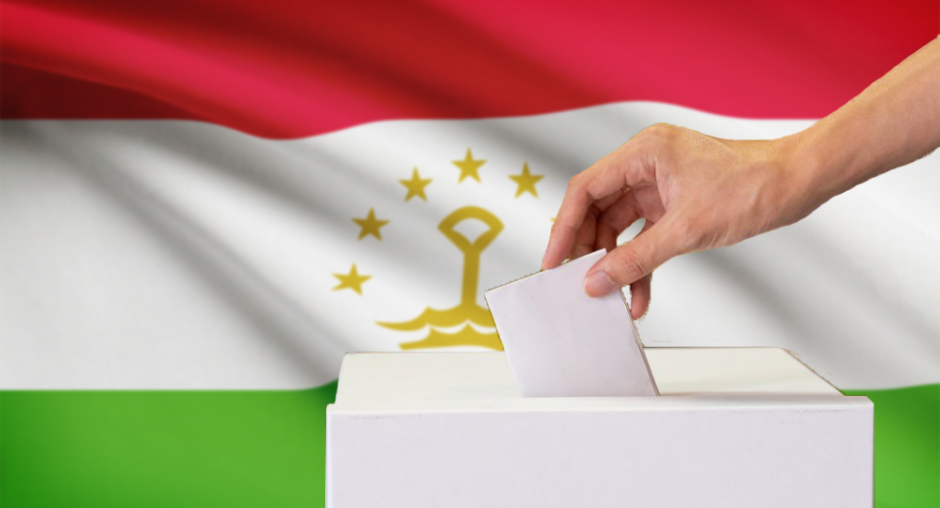
The 2020 presidential election in Tajikistan was conducted in a peaceful manner but it took place in a tightly controlled environment, with long-standing restrictions on fundamental rights and freedoms. Moreover, there was no space for pluralistic political debate and voters were not presented with genuine political alternatives. These are some of the main conclusions from the final report on Tajikistan’s presidential election of 11 October 2020, as published by the OSCE Office for Democratic Institutions and Human Rights (ODIHR).
The final report also states that significant efforts are needed to align the electoral process with Tajikistan’s OSCE commitments and standards for democratic elections. The document offers 12 recommendations to improve the conduct of elections and increase the transparency in the electoral process.
Recommendations
- Upholding the principle of equality of all citizens before the law by reviewing provisions that give special status and electoral privileges to the incumbent president
- Eliminating excessive and discriminatory restrictions on fundamental rights and freedoms by carrying out a comprehensive reform of the legal framework
- Ensuring the independence of election administration members by providing adequate transparency and accountability measures during the selection process
- Improving the accuracy of voter lists, including through the introduction of a permanent, centralized voter register
- Enabling citizens to stand in the election as independent candidates
- Reducing the role of electoral bodies and local authorities in defining and organising campaign modalities and events, and requiring simple notification for public events
- Ensuring clear separation between the state and political parties and candidates
- Ensuring regulation of campaign finance and oversight mechanisms with dissuasive sanctions in place
- Reducing media interference from state authorities to enable journalists to carry out their professional duties freely, without intimidation and fear of retribution
- Establishing clear deadlines related to post-election disputes in order to ensure the right to effective legal redress
- Providing independent, non-partisan citizen election observation
- Publishing full preliminary and final election results in a timely manner, in line with basic principles for transparency and accountability
ODIHR deployed an Election Assessment Mission on 26 September 2020 to observe the presidential election. All 57 countries across the OSCE region have formally committed to following up promptly on ODIHR’s election assessments and recommendations.
